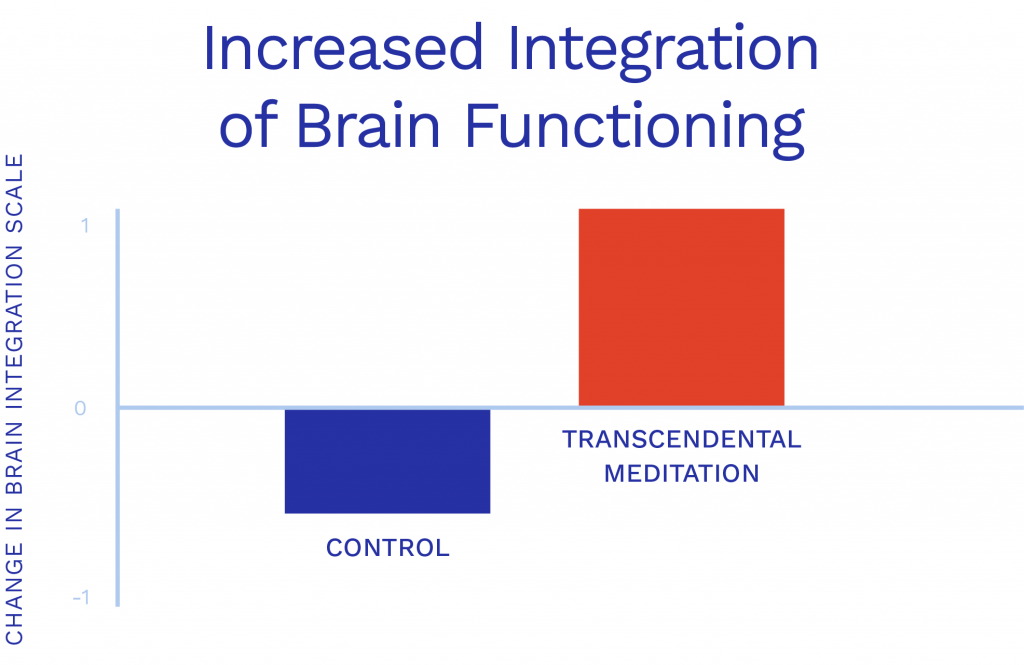Women, the Aging Brain, and Mental Capacity

Our June news-email featured information about research on the brain. Because the topic of reduced cognition in aging is the “elephant in the room” of which everyone is taking notice, we want to present the information here for you again in a composite:
In recent decades, the aging brain has been a prominent and significant focus of concern, research and medicine.
Recent findings, which appear in Proceedings of the National Academy of Sciences, indicate that women’s brains appear to be about 3.8 years younger than men’s of the same chronological age, metabolically speaking. This could explain data showing that women don’t experience as much cognitive decline in later years and tend to stay mentally sharper longer than men do. Older women tend to score better than men of the same age on tests of reason, memory, and problem solving.
Nonetheless, it is a frightening fact that many women do continue to report increased loss of cognition and symptoms of Alzheimer’s disease.
Nancy Lonsdorf, M.D., is a Johns Hopkins and Stanford-trained physician and renowned author and expert in the integrative health system of Maharishi AyurVeda and women’s health. According to Dr. Lonsdorf, a healthy brain maintains balance between two critical factors: building new connections (memories and learning) and breaking down connections (forgetting irrelevant details). With the phenomenon of cognitive decline, the breakdown of brain cells and connections exceeds the build-up of new connections, resulting in a progressive loss of important memories and functions.
In her most recent book, The Healthy Brain Solution for Women over 40: 7 Keys to Staying Sharp—On or Off Hormones, Dr. Lonsdorf describes a multifaceted breakthrough combining ancient and modern approaches for maintaining brain health and a resilient mind. These modalities include lower stress, exercise, healthy diet, good sleep, balanced blood sugar, and normal blood flow. She emphasizes that a key component of a successful approach to brain health is the Transcendental Meditation technique.
Neuroscientists have found that during the TM practice, the brain produces high-power alpha waves. When the alpha waves become synchronous, the seat of the brain’s executive judgement is strengthened. No other meditation technique has been found to consistently produce alpha coherence throughout the brain. Researchers have found that the experience of “transcending” restores neurological balance, inner silence, and clarity of mind. (ref: Cognitive Processing, 2010)
The TM technique is the only meditation technique that shows increases in broadband intra and unique inter-hemispheric EEG coherence associated with increased neurological functioning, IQ, academic performance, grade point average, creativity, concept learning, serenity, emotional stability, self-esteem, moral reasoning, and consciousness orientation.
Published research shows that the brain is more coherent and integrated with regular practice of the TM technique—all the different parts communicate better, working together better as a whole. This is the basis of improved mental performance, including better memory, increased creativity, broader comprehension and sharper focus.
A study published in Psychological Trauma found measurable brain activity indicating increased awareness: when the brain functions properly as during and after the practice of the Transcendental Meditation technique, heightened awareness is automatic and natural without any attempt or intention to be mindful.
The TM technique is also a vital component in maintaining or increasing balance in our neurophysiology as a foundation that can support the healing process. Dr. Lonsdorf explains that the regular practice of the stress-busting Transcendental Meditation technique can reduce excess cortisol which can damage our brain’s memory centers. She writes, “I also recommend the TM technique to patients experiencing memory or cognitive issues for its demonstrated ability to reduce anxiety, a frequent companion of memory loss and cognitive issues.”
Improving brain function with the twice-daily practice of the Transcendental Meditation technique is key to maintaining vibrant alertness, comprehension and inner wakefulness—always essential to our well-being and daily life, especially as we age.
Find out about courses with a TM teacher in your area
About the Author
Janet Hoffman is the executive director of TM for Women Professionals, a division of TM for Women in the USA
More Posts by Janet
- A Simple Guide to Healthy Happy Mothers and Babies: An Interview with Author Margaret Mullins
- Author Ann Purcell Discusses Silence
- Five Fundamentals of Progress: A Scientific Path to Self-Improvement
- Advice You Can Rely On: How to Leverage Your Body’s Innate Healing Ability
- Saving the Ocean from Deadly Noise Pollution: An Interview with Kathy Matara PhD





